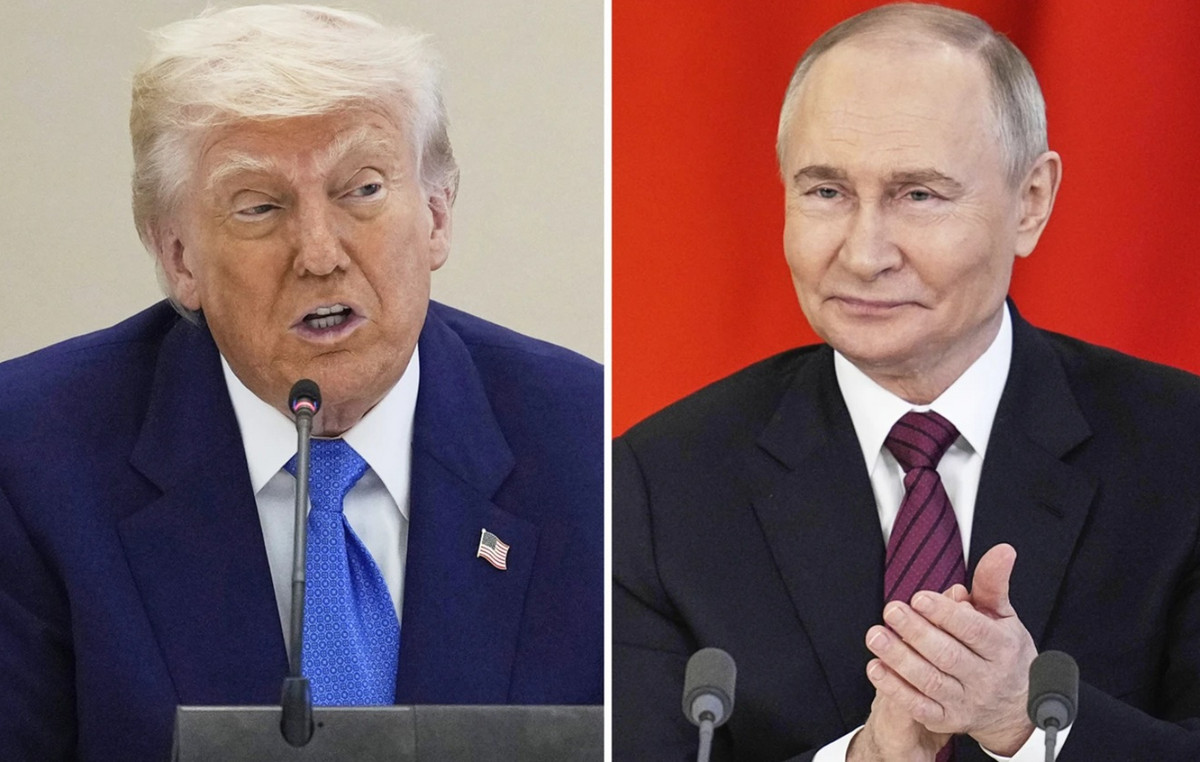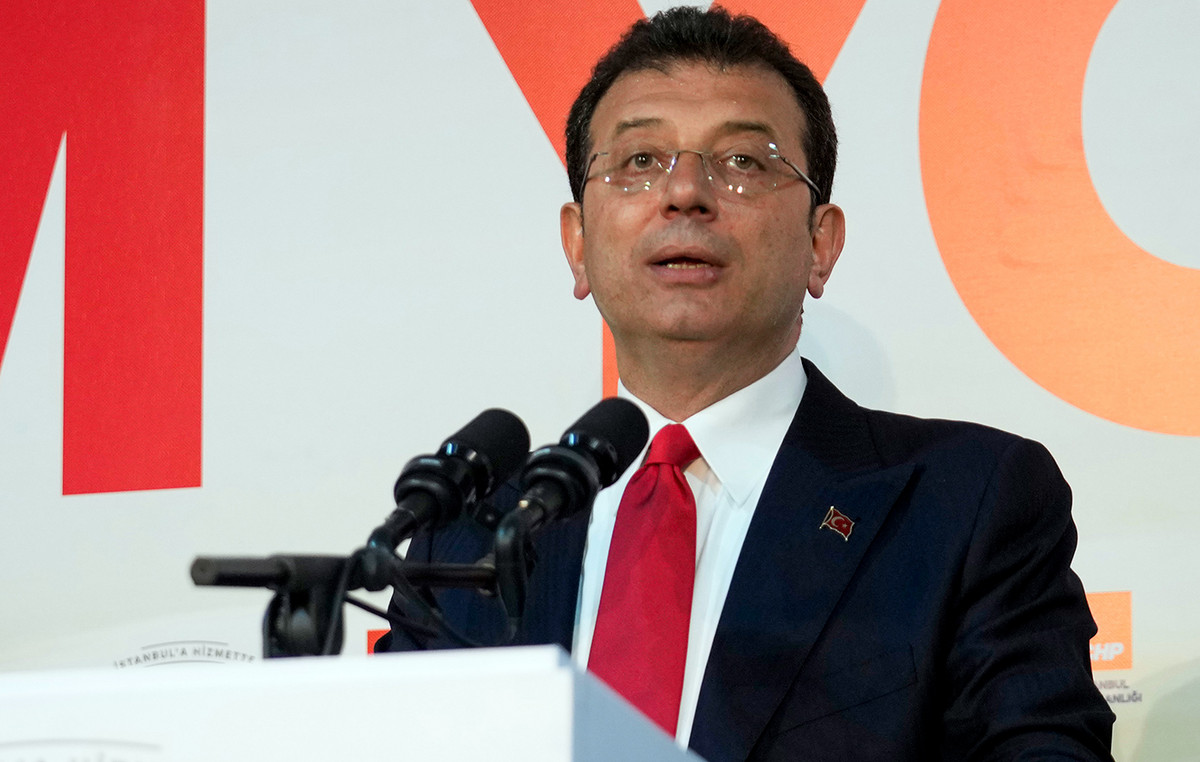Against a global movement to abandon the use of coal, the President of the Republic, Jair Bolsonaro, sanctioned a bill that extends the contracting of thermal sources from this source, one of the most polluting ones, in Santa Catarina, for 15 years, counting from of January 1, 2025.
The act was published in Official Diary of the Union this thursday, 6.
The benefit to the coal industry was included in a bill that creates a subsidy to lower energy tariffs for small distributors in the Chamber of Deputies.
The measure was later confirmed by the Federal Senate, with support from the Ministry of Mines and Energy (MME).
The use of coal-fired thermals is criticized by environmentalists for being more polluting.
For specialists, the maintenance of incentives for this energy source has several negative effects, such as the reduction of Brazil’s competitiveness against other nations and losses for consumers, who will continue to pay for more expensive energy.
According to calculations by the Association of Large Industrial Consumers of Energy and Free Consumers (Abrace), the measure should have a cost of R$ 840 million per year for all consumers.
Today, Brazilians are already paying to guarantee subsidies to a group of coal-fired power plants. In 2022, the forecast is that R$ 907 million will be allocated.
The law determines the extension of contracts for the Jorge Lacerda Thermoelectric Complex, in southern Santa Catarina, through a reserve energy contract.
According to the law, the amount of energy to be purchased must be sufficient to consume the minimum volume of coal stipulated in current contracts. However, after the contract is extended, the Complex will no longer have subsidies from the Energy Development Account (CDE) for the purchase of coal.
The new legislation determines that contracts must also establish “a fixed revenue sufficient to cover the costs associated with the contractual generation referred to in this paragraph, including costs with associated primary and secondary fuel, variable operating costs, as well as the adequate remuneration of the cost of capital employed in the enterprises”.
In a statement, the General Secretariat of the Presidency of the Republic stated that the creation of a “Fair Energy Transition Program (TEJ)” aims to “preserve the goals of neutrality in terms of carbon emissions in the Brazilian economy until 2050”.
The government claims that the measure is in line with the concept of Climate Justice debated at COP26. held last year in Glasgow, UK.
“The project sanction will be important to promote a fair energy transition for the coal region of the State of Santa Catarina, considering the environmental, economic and social impacts and the valorization of energy and mineral resources, in addition to supporting the distribution public service concessionaires of small electric power”, says the note.
The program will feature a group of representatives from the Civil House, Ministry of Mines and Energy (MME), National Electric System Operator (ONS), Ministry of Environment, Ministry of Regional Development, representatives of the government of the State of Santa Catarina and associations and federations linked to the coal chain.
The collegiate will have to, within 12 months, present the “Fair Transition Plan” with an indication of those responsible and actions.
Reference: CNN Brasil
I am Sophia william, author of World Stock Market. I have a degree in journalism from the University of Missouri and I have worked as a reporter for several news websites. I have a passion for writing and informing people about the latest news and events happening in the world. I strive to be accurate and unbiased in my reporting, and I hope to provide readers with valuable information that they can use to make informed decisions.







